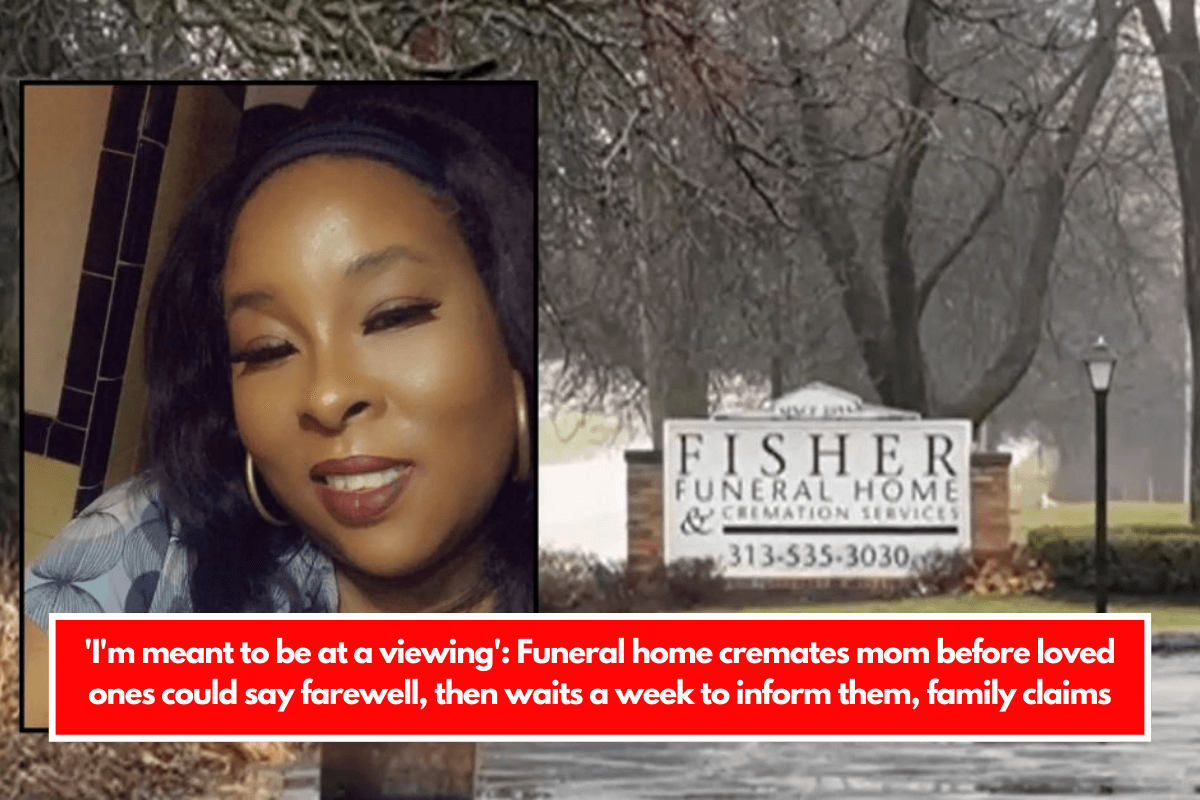Washington — The Georgia Court of Appeals ruled Thursday that Fulton County District Attorney Fani Willis must be removed from the 2020 election case against President-elect Donald Trump, overturning a trial judge’s decision to keep her on the case.
Fulton County prosecutors indicted Trump and more than a dozen associates last year with allegedly plotting to overturn Georgia’s 2020 election results. The president-elect has pleaded not guilty.
“After carefully considering the trial court’s findings in its order, we conclude that it erred by failing to disqualify DA Willis and her office,” the court’s majority ruled.
“The remedy crafted by the trial court to prevent an ongoing appearance of impropriety did nothing to address the appearance of impropriety that existed at times when DA Willis was exercising her broad pretrial discretion about who to prosecute and what charges to bring..”
The court, which split 2-1, ruled that in this situation, “disqualification is mandated and no other remedy will suffice to restore public confidence in the integrity of these proceedings.” However, it did not dismiss the indictment, leaving it in place. The prosecution will most likely be referred to the Prosecuting Attorneys’ Council for reassignment.
Judge Trenton Brown wrote for the majority that “while this is the rare case” in which Willis and her office must be dismissed due to a “significant appearance of impropriety,” the record in the case does not warrant the “imposition of the extreme sanction” of dismissing the indictment.
Steven Cheung, the president-elect’s spokesman, said in a statement that “by granting President Trump an overwhelming mandate, the American People have demanded an immediate end to the political weaponization of our judicial system and the prompt dismissal of any Witch Hunts against him. We look forward to bringing our country together as President Trump works to make America great again.”
Trump’s lawyer, Steve Sadow, lauded the ruling as “well-reasoned and just.”
“The court emphasized that Willis’ misconduct created a ‘odor of mendacity’ and an appearance of impropriety, which could only be remedied by disqualifying her and her entire office.” As the Court correctly observed, only disqualification would suffice to restore public trust,” he stated in a statement. “This decision puts an end to a politically motivated persecution of the next president of the United States.”
Willis’ office informed the court of appeals that it intends to petition the Georgia Supreme Court to review its judgment.
In March, Fulton County Superior Court Judge Scott McAfee declined to dismiss Willis from the case due to a sexual relationship she had with Nathan Wade, whom she hired as a special prosecutor in November 2021 to help with the probe of Trump and his friends. McAfee had ordered that Willis and the Fulton County District Attorney’s Office could continue working on the matter if Wade stepped aside, which he did.
Trump and eight co-defendants challenged McAfee’s decision. The Georgia Court of Appeals had scheduled a hearing earlier this month, but it was canceled after Trump defeated Vice President Kamala Harris for the election in November. He is due to be sworn in for a second term on January 20.
Raised by Michael Roman, a senior GOP operative indicted alongside Trump, the stunning revelation of Willis and Wade’s relationship roiled the prosecution and stalled the case for months. McAfee held a multi-day evidence hearing to determine if Willis had a conflict of interest in the case because of her connection with Wade and travels with him.
Roman claimed the two began dating before Wade was hired to embark on the probe into Trump’s alleged efforts to reverse Georgia’s 2020 election results, and that Willis profited financially from their connection. Trump and seven others supported Roman’s efforts to remove Willis and her office from the investigation and dismiss the accusations against them.
Willis and Wade confirmed their intimate relationship but denied any wrongdoing. They testified that their connection began after Wade was hired and terminated last summer.
While McAfee’s verdict was favorable to Willis, it chastised her for what the judge described as a “tremendous lapse in judgment.” He attacked her “unprofessional manner” during the evidence hearing earlier this year, when Wade and Willis separately addressed questions about their relationship from prosecutors and defense attorneys.
The judge stated that, while he could not “conclusively establish” when Wade and Willis’ connection became amorous, “an odor of mendacity remains.”
Roman’s lawyer, Ashleigh Merchant, said they are “pleased” that the appeals court agreed that Willis should not have been permitted to prosecute the case.
“We regret that Ms. Willis did not do the right thing and voluntarily recuse herself when Mr. Roman raised the issue because failing to do so put Judge McAfee in an untenable position,” she told reporters.
“This failure of judgment is the exact reason Mr. Roman was forced to move to disqualify her in the first place, so we are thankful that the court agreed she should not be allowed to prosecute this case any further.”
The Fulton County prosecution was one of four launched against Trump. Special counsel Jack Smith filed charges against him in federal courts in Washington, D.C. and South Florida, and the Manhattan district attorney accused him of breaking New York law.
The Fulton County case had advanced slowly, due in part to the claims against Willis and Wade. Trump was initially charged with 13 felonies, but McAfee dismissed five of them for a variety of reasons. Four of the initial 18 co-defendants pleaded guilty after negotiating a deal with prosecutors.
In New York, Trump was convicted on 34 counts of falsifying business documents and was scheduled to be sentenced last month. That punishment, however, was postponed after his election.
Meanwhile, the two federal prosecutions were concluded last month after Smith filed a motion to dismiss. A longstanding Justice Department regulation prevents prosecuting a sitting president, which the special counsel said applied to Trump’s case.
The first complaint included his suspected misuse of confidential government papers after leaving office in January 2021. The second stemmed from what Smith claimed was an illegal conspiracy to disrupt the peaceful transition of presidential authority following the 2020 election.
Trump had denied any wrongdoing in all of the cases, arguing that they were brought by politically motivated prosecutors seeking to hurt his presidential campaign.




















